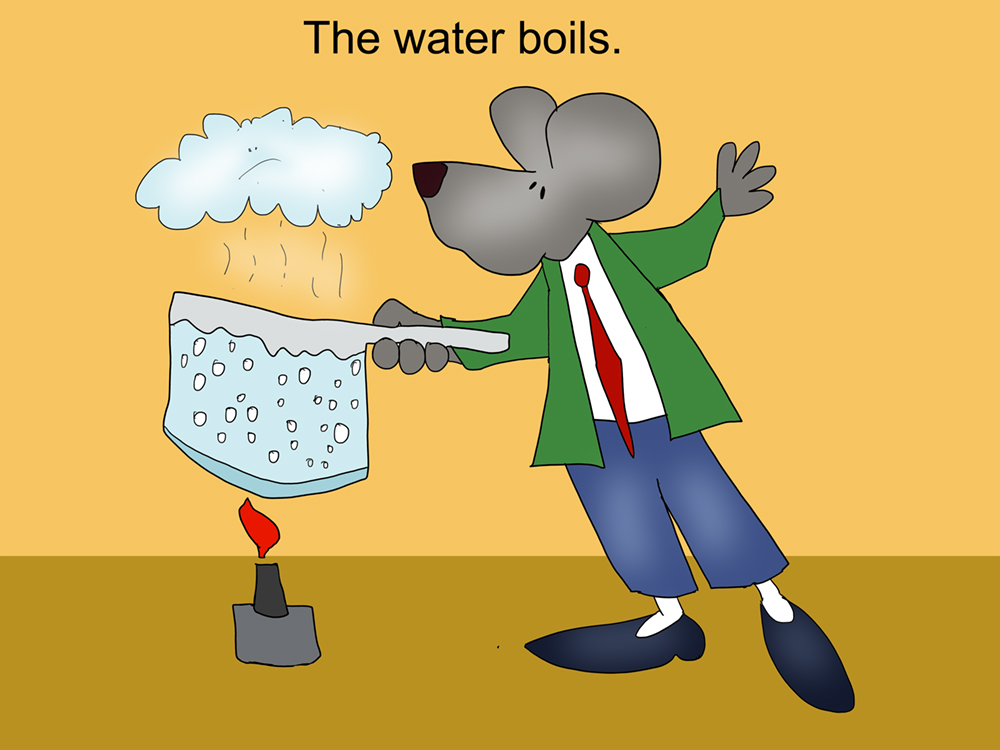I’m a little teapot. Tip me over.
One thing I’ve noticed about certain people, if they don’t want to learn something, they won’t. No matter how much instruction, evidence, factual information, or wisdom you give them, they will simply turn their backs.
They don’t want to learn, because, in their minds, they already know.
As the old saying goes, “You can lead a horse to water, but you can’t make him drink.”
There’s been a shift in me, as I’ve aged. I’m more open to learning new things than I ever used to be. As I’ve stumbled along in this life, I’ve noticed that the world is filled with people who are exponentially smarter than I am. About most everything. Experts. Specialists. Scholars. I tried to pay attention to them. At the same time, I’ve learned plenty of things from small children.
I can honestly say that I am not an expert on any subject, anywhere. So there is plenty for me to learn about everything.
But those who don’t want to learn? Sometimes it is more than just a wish “not to learn.”
There are times when the real experts “know” information, but those non-learners flagrantly disregard it. Regardless. Is it okay to call them dickheads here? Or should I stick with Flagrant Disregarders?
No matter. They are all over the place too, and equally as frustrating. Irritating. Exasperating. It makes me want to explode sometimes.
I shall divert. And write anew.
I guess I should redirect my focus to my interest in engines. Yes, engines are things that convert energy into mechanical force. There are all sorts of engines capable of doing this, and they have changed throughout history.
Why, back in 1712, a fellow named Thomas Newcomen came up with the idea of the atmospheric engine. That thing became the first commercially successful engine using the principle of the piston and cylinder. That engine was the very same thing that has become the fundamental type of steam engine used until the early 20th century. Yes, converting the energy of steam into mechanical force.
Those steam engines were used in all sorts of ways. In factories, in boats, in trains, and on and on. Like the Titanic. And the Flying Scotsman. Within those engines, boilers were used. You know. To boil water and make steam.
But here was the thing. If the steam created too much pressure in the engine, there was a chance that the boiler would explode. But, to alleviate that pressure, the boilers were equipped with a safety valve. They were called “blow-off valves.”
Thus, “to blow off steam” was to prevent explosions by relieving all that built-up pressure in the boiler.
Earlier, up there, talking about the dickheads?
Just me, blowing off a little steam.
===========
“Speak when you are angry and you will make the best speech you will ever regret.”
― Ambrose Bierce
==========
“When angry, count four. When very angry, swear.”
― Mark Twain
=========
“How much more grievous are the consequences of anger than the causes of it.”
― Marcus Aurelius, Meditations
========
